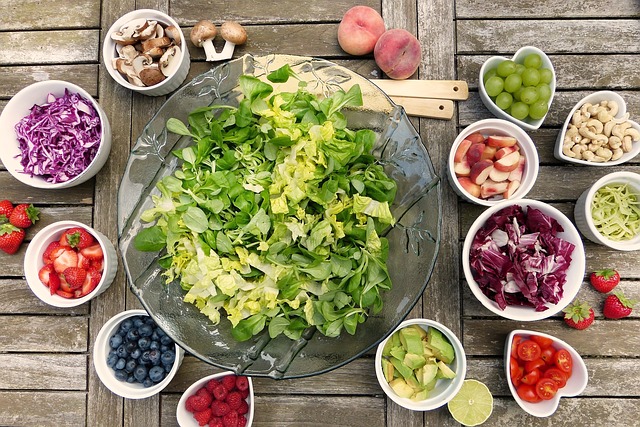Have you wondered what kind of diet to follow while breastfeeding? Fortunately, among all the things that come with motherhood, a new and special diet for breastfeeding is not one of them. There is no special diet to follow when you’re breastfeeding. However, you should focus on eating a well-balanced diet full of fruits, vegetables, proteins, and whole grains.
Which foods are good to eat while breastfeeding?
Good dietary choices include fresh foods in their most whole form. This rule of thumb goes for anyone trying to eat a healthy, balanced diet. Eating whole foods involves avoiding processed foods, additives, and eating food fresh if possible. Whole foods include vegetables, fruit, unprocessed meats, whole grains, and many dairy products.
Good lean meats and proteins include things like beef, fish, poultry (chicken, turkey, etc.), pork, eggs, beans, tofu, lentils, nuts, and seeds. Whole grains can be found in things like whole wheat bread, oatmeal, whole wheat pasta, and brown rice. Fruits and vegetables are best consumed fresh, frozen, or cooked from scratch, rather than from a can or box. Good dairy products to eat include foods like yogurt, cream cheese, cottage cheese, milk, and cheese.
Which foods should be avoided while breastfeeding?
In general, you should avoid processed foods. Examples of processed foods include most foods that come in a box, can, or bottle, snack foods like chips and crackers, and store-bought frozen meals. It is a good idea to avoid or limit caffeine while breastfeeding. It would be best to avoid or limit alcohol consumption, but if you must drink alcohol, wait at least two hours after drinking before feeding your baby. Lastly, you should limit or avoid fish with high levels of mercury such as mackerel, swordfish, tuna, and shark.
While you’re breastfeeding, you should try to drink plenty of water. This would entail drinking around eight to ten glasses of water per day. You do need to eat more calories in your diet than normal while you’re breastfeeding. However, this may be different for everyone, and you should speak with your doctor or dietician to find out how many calories you should be consuming. If you smoke, it is important to stop smoking while breastfeeding. If you ever feel like a food you’re eating is upsetting your baby, or have any questions about food or breastfeeding, you should call your physician. Make sure your healthcare provider knows all the medications you take, as some medicines can be passed to your baby through your breastmilk. For questions about whether you should be taking vitamins or supplements while breastfeeding, speak with your healthcare provider.
Disclaimer: This blog is written for informational and educational purposes only. It is not intended to be a substitute for professional medical advice, diagnosis, or treatment. Always seek the advice of your physician or other qualified health provider with any questions you may have regarding a medical condition. Never disregard professional medical advice or delay in seeking it because of something you have read or seen online.
Resources:
1) https://www.nhs.uk/live-well/eat-well/how-to-eat-a-balanced-diet/what-are-processed-foods/
2) American Academy of Pediatrics
3) https://www.cdc.gov/breastfeeding/faq/index.htm
4) https://www.healthychildren.org/English/ages-stages/baby/breastfeeding/Pages/Where-We-Stand-Breastfeeding.aspx#:~:text=The%20American%20Academy%20of%20Pediatrics,for%202%20years%20or%20beyond












